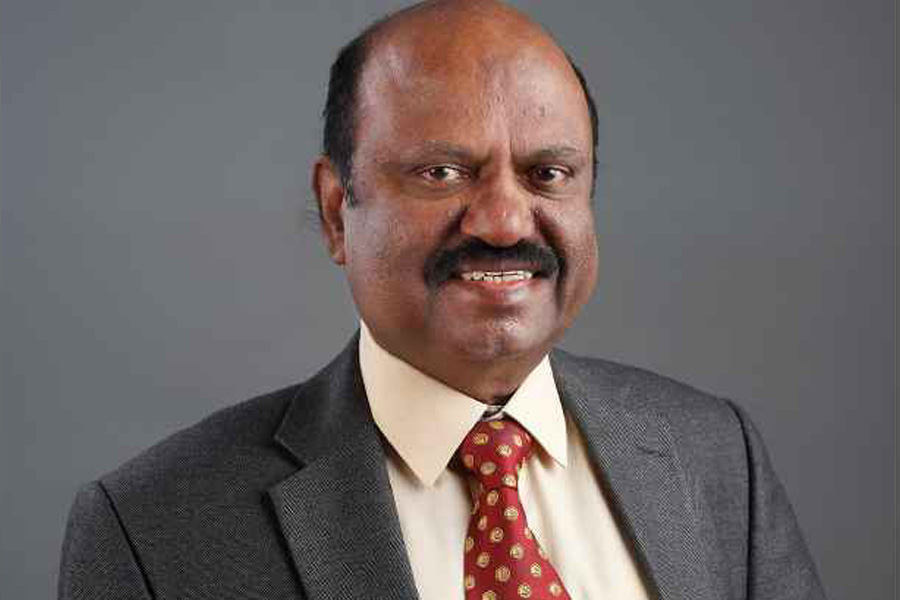Of late, the most talked about issue in West Bengal’s universities has been the appointment of vice-chancellors. The politicisation of the highest academic position in a university began during the Left regime. Santosh Bhattacharya was appointed vice-chancellor of Calcutta University even though he was not the choice of the then ruling Left. Militant unionism, facilitated by the non-teaching staff of the university, was used to undermine him, paving the way for the ugly exhibition of political muscle. About two decades later — the Left regime was still in power — Ananda Deb Mukhopadhyay, the former vice-chancellor of Vidyasagar University, could not complete his tenure due to his differences with the political bosses. By this time, the theory of Anil Biswas, the former secretary of the Communist Party of India (Marxist), that universities needed to be captured by putting party sympathisers in the position of vice-chancellor, had become an accepted norm in the state.
There has been no looking back since then. As per its rules framed in 2010, the University Grants Commission wants “persons of the highest level of competence, integrity, morals and institutional commitment” with 10 years of experience as professor to be appointed vice-chancellor. After coming to power, the Trinamul Congress passed a law lowering the period of professorship to five years. New rules were made in December 2019 by the state government, inserting clauses (8) and (9) in the West Bengal Universities and Colleges (Administration and Regulation) Act to curb the power of the governor as chancellor of state universities. All communication to be made to the chancellor by the vice-chancellor was to be addressed to the secretary of higher education department. Furthermore, the governor was to choose even his/her nominee in the search committee for appointment of the vice-chancellor from the panel sent by the higher education minister. Jagdeep Dhankhar, the former governor, resisted the subordination of the governor’s role with his critical remarks against the state government.
C.V. Ananda Bose, the present governor, has vowed “fight for justice till the end”. After it was apparent that the appointment of 24 vice-chancellors by the state higher education department would become null and void, the sitting vice-chancellors were asked to resign in two days’ time. In May, an ordinance promulgated by the governor asked for the constitution of search committees for appointing vice-chancellors, but none of the universities made any attempt to form the search committees.
The governor then started appointing interim vice-chancellors of his own choice. But the appointment of professors with less than 10 years of experience or that of persons from fields other than academics as interim vice-chancellors came to light. Whether the chancellor can appoint any person as interim vice-chancellor to fill up a vacancy due to death, or resignation, or the relinquishing of the position for any other reason by an existing vice-chancellor is the principal bone of contention. However, a meaningful explanation is given in the West Bengal Universities Rules, 2019, which directs the choice to be from either the pro-vice-chancellor or the dean in the same university or any suitable vice- chancellor or pro-vice-chancellor in a neighbouring university or the senior-most professor in the same university. But it isn’t written anywhere that she/he could be a person from fields other than higher education or the experience of professorship could be below 10 years.
On September 15, the Supreme Court asked the UGC, the state government and the chancellor to send nominations for the search committee for appointing permanent vice-chancellors from which it would constitute the search committee. The composition of the search committee being the root cause of contention between the state government and the governor, the judges’ subsequent order asking the government to furnish the details of universities with the disciplines taught, existing provisions regarding the composition of the search committee and the new provisions awaiting the governor’s assent could not resolve the uncertainty.
Arindam Gupta is Professor of Commerce, Vidyasagar University











